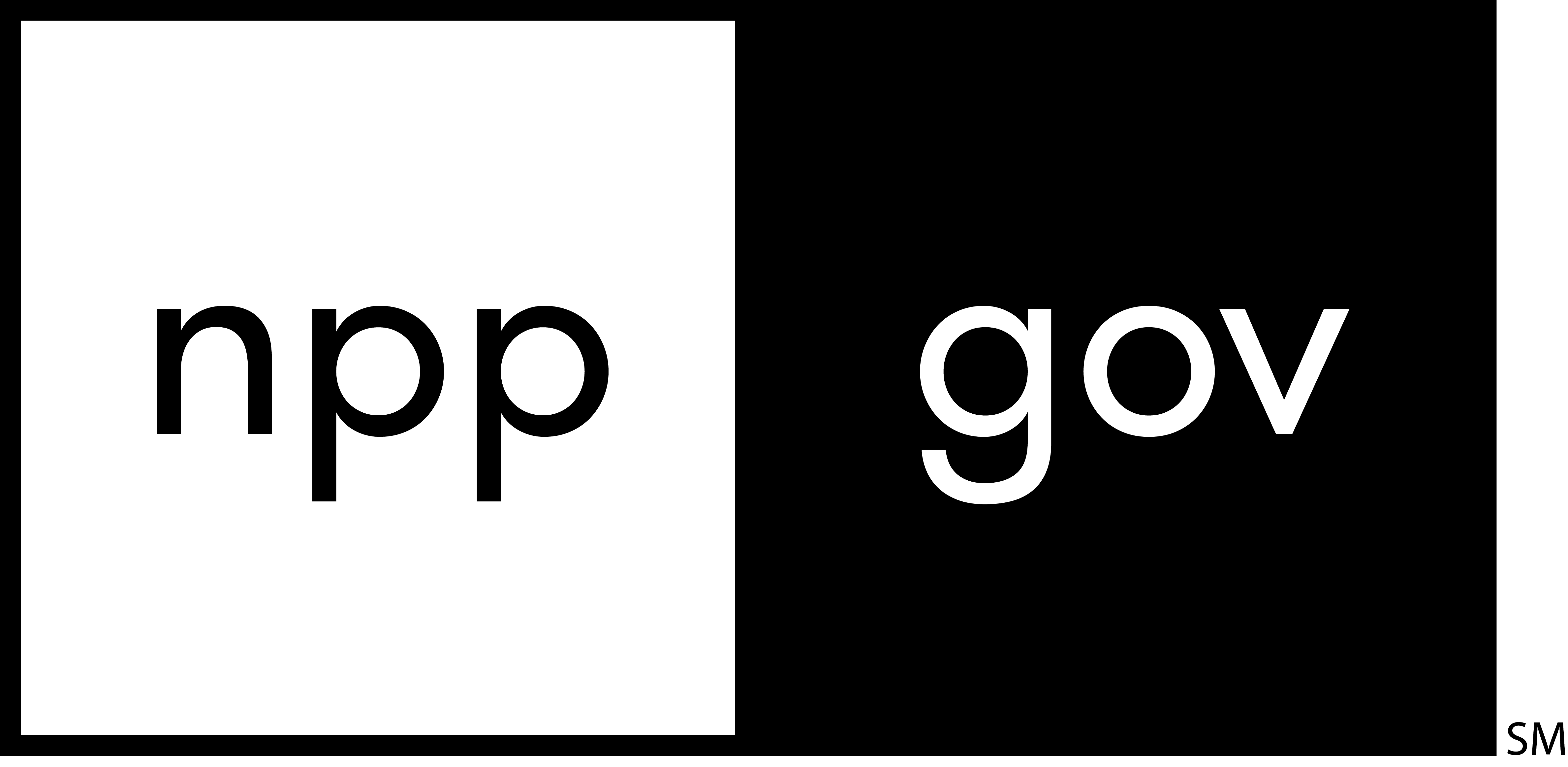Pros and Cons of Using Artificial Intelligence for Procurement
Monday, December 11, 2023
Artificial intelligence (AI) has emerged as a transformative force in numerous industries, and public procurement is no exception. As public procurement professionals seek to streamline processes, increase efficiency, and drive cost savings, the integration of AI technologies, particularly in the realm of cooperative contracts, presents a compelling opportunity. By harnessing the power of AI, public procurement entities can enhance vendor management, optimize contract negotiations, and leverage data-driven insights to make more informed decisions. In this article, we will explore the ways in which AI can revolutionize the public procurement process, specifically through the utilization of cooperative contracts, and the potential benefits it offers to procurement professionals and the communities they serve. Pros: Efficiency and Speed: Generative AI models can rapidly process and analyze large volumes of data, accelerating the procurement process. This can lead to quicker decision-making for acquiring goods and services. Enhanced Data Analysis: Generative AI models excel at data analysis, providing valuable insights into market trends, supplier performance, and pricing dynamics. This data-driven approach can contribute to more informed and strategic procurement decisions. 24/7 Availability: AI models are available around the clock, enabling continuous support for the procurement process. This can be particularly beneficial for large-scale or urgent procurement needs, ensuring that the agency can operate efficiently at any time. Reduced Human Bias: AI models operate based on algorithms and data, minimizing the impact of human bias in decision-making. This can contribute to fairer and more transparent procurement processes, promoting equal opportunities for suppliers and reducing the risk of favoritism. Scalability: Generative AI models can easily scale to handle varying workloads. Whether dealing with a small or large number of procurement requests, the system can adapt, ensuring consistent and reliable support for the agency's procurement activities. Cons: Lack of Human Judgment: AI models lack the nuanced judgment and intuition that humans possess. In complex or ambiguous situations, human oversight and decision-making may be necessary to ensure that the procurement process aligns with broader organizational goals. Data Privacy and Security Concerns: Generative AI models operate on vast amounts of data, raising concerns about the privacy and security of sensitive information. Safeguarding against data breaches and ensuring compliance with data protection regulations is crucial but can be challenging. Limited Understanding of Context: AI models may struggle to fully understand the contextual nuances of specific procurement scenarios, potentially leading to misinterpretations or errors. Human intervention may be required to address complex, non-routine situations. Dependency on External Factors: The accuracy and effectiveness of generative AI models can be influenced by external factors such as the quality of training data, changes in market dynamics, and technological advancements. This dependency may introduce uncertainties in the long-term reliability of the system. Resistance to Change: Introducing AI into the procurement process may face resistance from stakeholders who are accustomed to traditional methods. Overcoming skepticism and ensuring proper training and communication are essential to foster acceptance and successful integration. In conclusion, the integration of AI in public procurement, particularly in the utilization of cooperative contracts, presents an unprecedented opportunity to streamline processes, enhance decision-making, and drive greater efficiency and value for government agencies. By leveraging the power of AI, procurement professionals can gain valuable insights, optimize contract management, and ultimately deliver better outcomes for their organizations and the communities they serve. As AI continues to evolve, it is crucial for procurement professionals to stay informed about the latest advancements and consider how they can harness this transformative technology to elevate the public procurement process, ultimately paving the way for a more agile, transparent, and effective government procurement landscape. NPPGov is proud to be a gold sponsor of CAPPO for many years. For more information about cooperative procurement, please visit NPPGov at booth 712 or visit our website. We look forward to seeing you at the 2024 CAPPO Conference. 
|